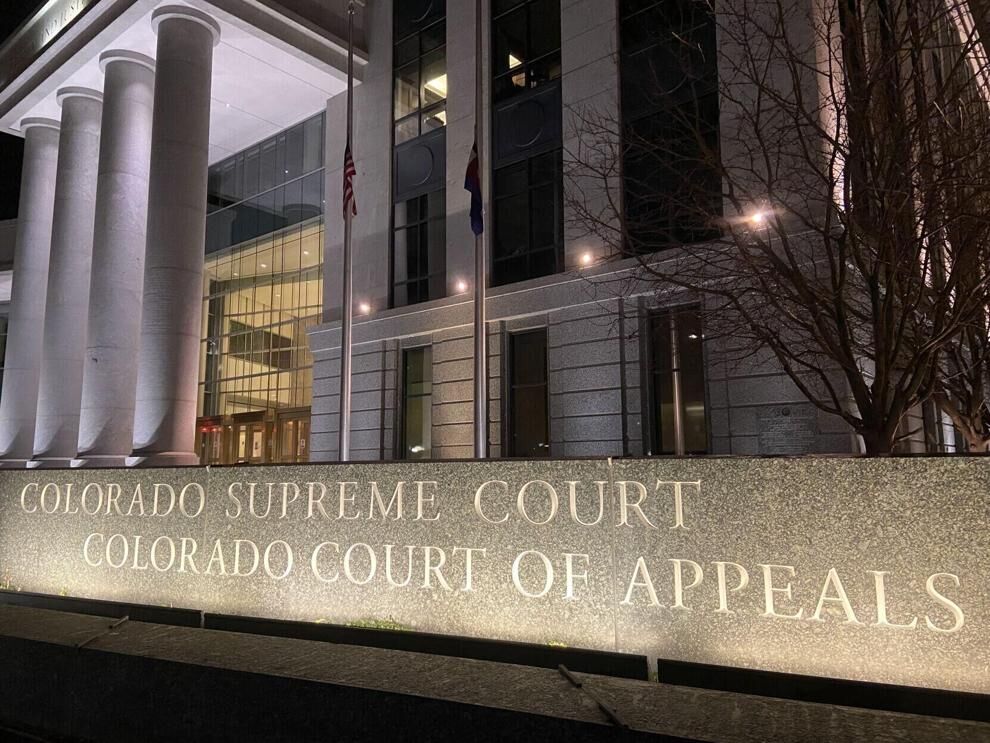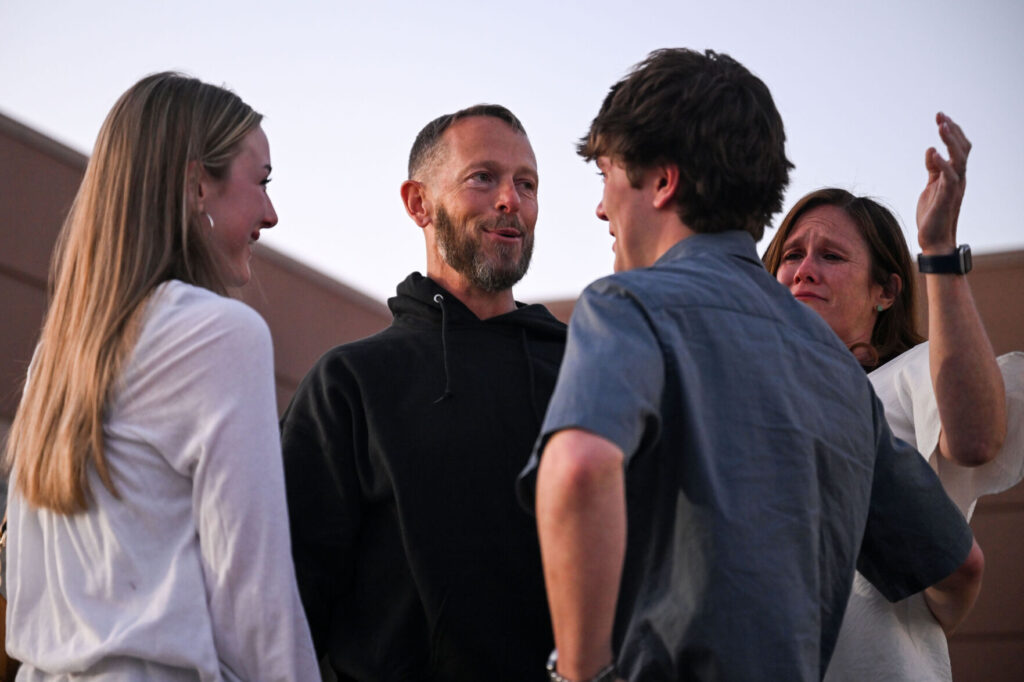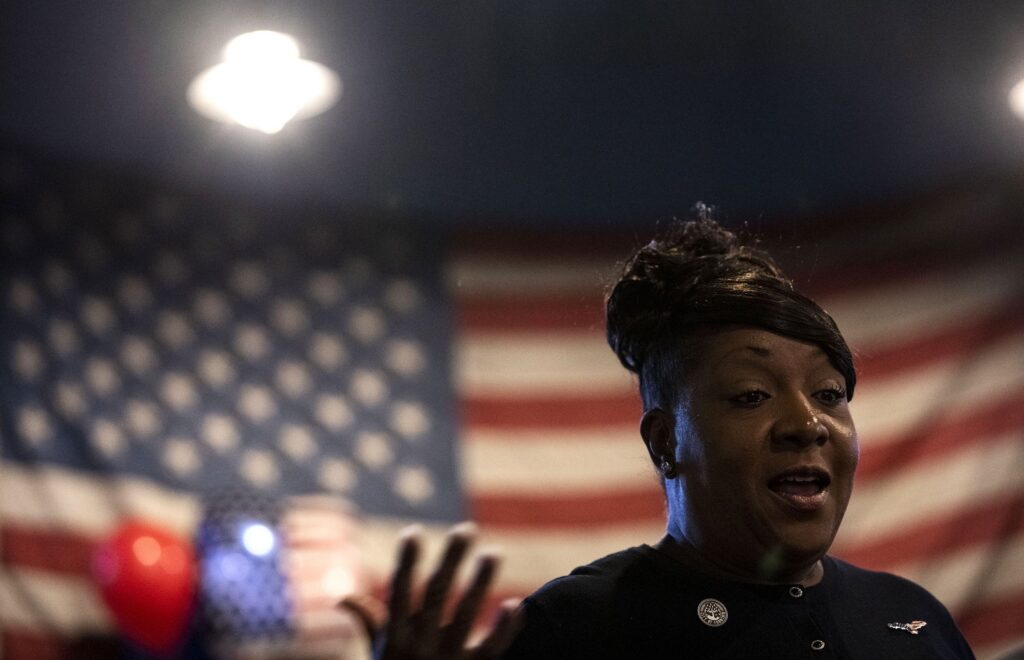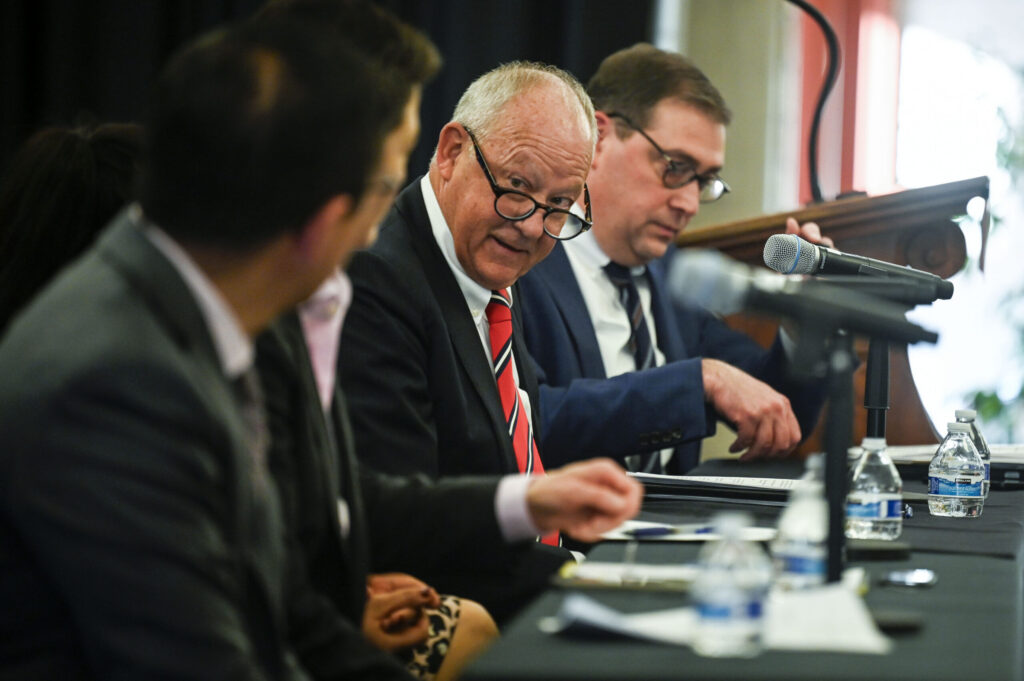Appeals court finds no racial discrimination in jury selection for Weld, Adams County trials

Colorado’s second-highest court last month concluded prosecutors in Weld and Adams counties did not purposefully remove multiple Hispanic jurors from a pair of criminal trials because of their race or ethnicity.
Under longstanding U.S. Supreme Court precedent, intentional race-based discrimination in jury selection is unconstitutional. If a prosecutor tries to dismiss a juror of color, the defendant may raise a “Batson challenge,” named after the Supreme Court’s Batson v. Kentucky decision. Such a challenge forces the prosecutor to justify the removal, or strike, with a “race-neutral” reason.
In appealing their convictions, defendants Jason Howard Butterfield and Mauricio Eduardo Anchondo-Olivas argued prosecutors were allowed to strike a total of three Hispanic jurors without a race-neutral reason – and even misrepresented what some jurors had said during questioning. The trial judges disagreed, and the Court of Appeals upheld those findings.
‘Mistake,’ not discrimination
Butterfield stood trial in Weld County in 2019 and a jury convicted him of sexual assault on a child and incest. He is serving 60 years to life in prison.
During jury selection, prosecutors struck two Latina jurors, R.G. and L.R. The defense raised Batson challenges for both women. The prosecution acknowledged they “struggled” to decide who to remove, given that they did not have a problem with the vast majority of jurors.
District Court Judge Shannon D. Lyons refused to allow prosecutors to remove L.R., agreeing “there’s not an explanation that’s not discriminatory that the prosecution can offer.” Consequently, there “appears to be purposeful discrimination.”
R.G. on the other hand, disclosed during jury selection that the allegations against Butterfield made her “sick to my stomach.” However, she said, the case is about “what we see and not what we feel.”
In providing a race-neutral explanation for striking R.G., Chief Deputy District Attorney Arynn Clark erroneously recalled R.G. said she “has seen multiple cases of false allegations, and she specifically said that she has to base everything off of what we feel.”
Lyons accepted the prosecution’s explanation and dismissed R.G. from the jury.
On appeal, Butterfield argued Clark had misrepresented what R.G. said, suggesting a discriminatory motive.
Case: People v. Butterfield
Decided: December 28, 2023
Jurisdiction: Weld County
Ruling: 3-0
Judges: Timothy J. Schutz (author)
Jerry N. Jones
Sueanna P. Johnson
Background: Colorado Supreme Court to decide fate of racial bias rule after hearing cases
A three-judge panel for the Court of Appeals acknowledged the prosecution’s race-neutral reasons did not reflect what R.G. had actually said. However, wrote Judge Timothy J. Schutz in the Dec. 28 opinion, Clark “obviously” mixed up R.G.’s comments with those of another juror, which, under the circumstances, did not illustrate discrimination.
“Jury selection is not conducted with the benefit of a contemporaneously written record and hours of reflective time to develop a precise argument,” he explained. “In this context, it is important to remember that our purpose on appeal is not to grade counsel’s ability to precisely quote the statements of the challenged juror.”
The prosecution’s misrepresentation about R.G. was “the product of mistake, rather than discrimination,” Schutz believed.
The case is People v. Butterfield.

A second look at discrimination
Anchondo-Olivas is serving a sentence of life in prison for the murder of Javier Zamudio-Anaya in April 2020. At trial, the prosecution attempted to strike two Hispanic jurors from serving.
The defense pointed out that neither side even spoke to the first juror, S.G. In response, the prosecutor argued S.G. “answered on her questionnaire that her father was prosecuted for drug crimes.” The jury questionnaire asked jurors if they or a relative had been “accused of a crime,” and S.G. answered “Father – drugs.”
District Court Judge Roberto Ramírez found the prosecutor’s concern was legitimate and race-neutral, allowing for S.G.’s dismissal. The Court of Appeals agreed, as the importance of drug evidence in Anchondo-Olivas’ trial called into question S.G.’s neutrality.
In contrast, the second Hispanic juror, M.O., shared much more information about himself. The jury questionnaire asked whether jurors had “strong opinions about gun violence,” and M.O. crossed out the question to write, “Everyone has strong opinions about gun violence.”
M.O. also told a story about recently witnessing a shooting outside his home, saying, “I’m sure it’ll have an impact on me.” Finally, unprompted, M.O. asked whether Anchondo-Olivas was in custody, noting, “If he’s innocent, then he probably should be on his own free will right now.”
After the defense’s Batson challenge, Ramírez did not even give the prosecution time to give a race-neutral explanation for striking M.O., finding there was no plausible claim of discrimination. He also reprimanded the defense for “accusing the prosecution of getting rid of these (Hispanic) individuals.” The judge observed the defense, too, dismissed a Hispanic juror.
Case: People v. Anchondo-Olivas
Decided: December 28, 2023
Jurisdiction: Adams County
Ruling: 3-0
Judges: Jerry N. Jones (author)
Stephanie Dunn
Katharine E. Lum
Background: In search of fairness: Tug-of-war between jury inclusiveness and juror impartiality reaches Supreme Court
On appeal, a three-judge panel was concerned with how Ramírez handled the challenge to M.O. The panel worried that by “pointing out that defense counsel was being hypocritical,” Ramírez may have decided the Batson challenge improperly. It ordered Ramírez to belatedly hear the prosecution’s race-neutral reasoning and redo his analysis.
More than two years after trial, Ramírez held a hearing. The prosecution now argued M.O.’s curiosity about whether Anchondo-Olivas was in custody and M.O.’s experience with the shooting were race-neutral reasons justifying his dismissal. Ramírez, who wrote that his “memory of each stage of this case is strong,” agreed the prosecution’s explanation was acceptable.
The Court of Appeals, after examining Ramírez’s revised decision, brushed aside Anchondo-Olivas’ contention that the delay had potentially enabled the prosecution to invent new reasons for striking M.O., making it imperative to examine the prosecutors’ trial notes. The panel instead chastised Anchondo-Olivas’ lawyer for even raising that argument. The court upheld Anchondo-Olivas’ convictions in a Dec. 28 opinion.
The case is People v. Anchondo-Olivas.












